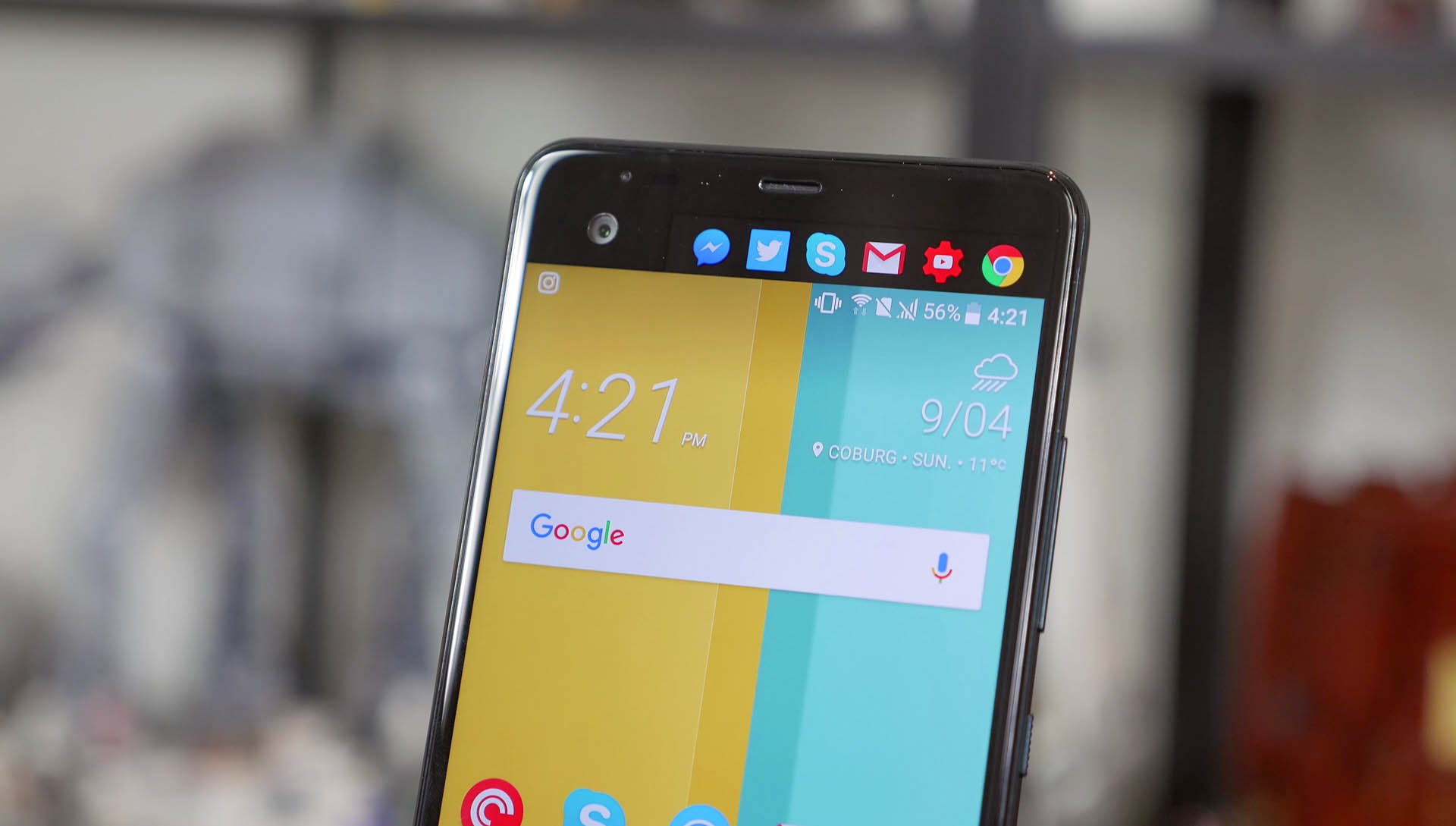Camera
HTC has struggled in previous years to produce a high quality smartphone camera that competes with the best. The HTC U Ultra represents a step in the right direction, and although the camera here isn't as good as you'll find in the Google Pixel, iPhone 7 or Galaxy S7, it's good enough for typical day to day usage.
The U Ultra comes with a 12-megapixel "Ultrapixel 2" rear sensor with 1.55μm pixels, attached to an f/1.8 lens. There's also optical image stabilization, plus a combined PDAF and laser-assisted autofocus solution. On the front is a 16-megapixel with an f/2.0 lens. 4K video recording is included on this device.
There are some really solid aspects to this camera. I was very impressed with the level of detail provided by its 12-megapixel images, especially when viewing 100% crops. HTC's image processing reduces noise without causing a massive loss in fine detail, which can be an issue on some competing cameras. There's no oil painting effect seen here, and that's a fantastic result for a relatively low megapixel rear camera.
Colors produced by this camera are accurate, and the U Ultra meters well to avoid even subtle incorrect tones. If anything, images captured in good lighting are a little underexposed, though for the most part the U Ultra is a 'what you see is what you get' camera. What you won't get is vibrant or well saturated images like you will find from the Pixel XL or Galaxy S7, and these types of images tend to be more sharable. U Ultra images require a bit of editing before you send them to your social media accounts if you want those beautiful, if slightly unrealistic shots.
The U Ultra has an automatic HDR mode, but it's quite slow compared to the regular fast shutter. Whether the U Ultra is capturing HDR shots or not, dynamic range is weak in general, and several steps behind the Pixel XL and other competitors. Indoor shots in particular can suffer from minor amounts of washing out; this has been an issue for a number of HTC cameras in the past.
Low light performance is impressive: the U Ultra produces vibrant, bright night time images thanks to its large pixels and wide aperture. Shots in these conditions have surprisingly low amounts of noise, and OIS reduces blur for the most part. It's only when you move into very dark environments that you can capture somewhat blurry images, but even then it's not a huge deal, and these images are probably too dark to use anyway.
The front facing camera is decent, mostly due to its high resolution, and it produces good selfies in both strong and low light. 16 megapixels is probably overkill for selfies and I'd prefer to see larger pixels than a larger resolution here, but it's hard to complain about the actual results provided by the U Ultra.
The camera app included with this phone is decent, with a sensible layout and easy access to the camera's main features. Thanks to phase detection and laser autofocus, the U Ultra can focus quickly, though certainly not as fast as the Galaxy S7. I'm pleased to see HTC has included a full manual mode here, which really should be seen in every high-end phone these days.





